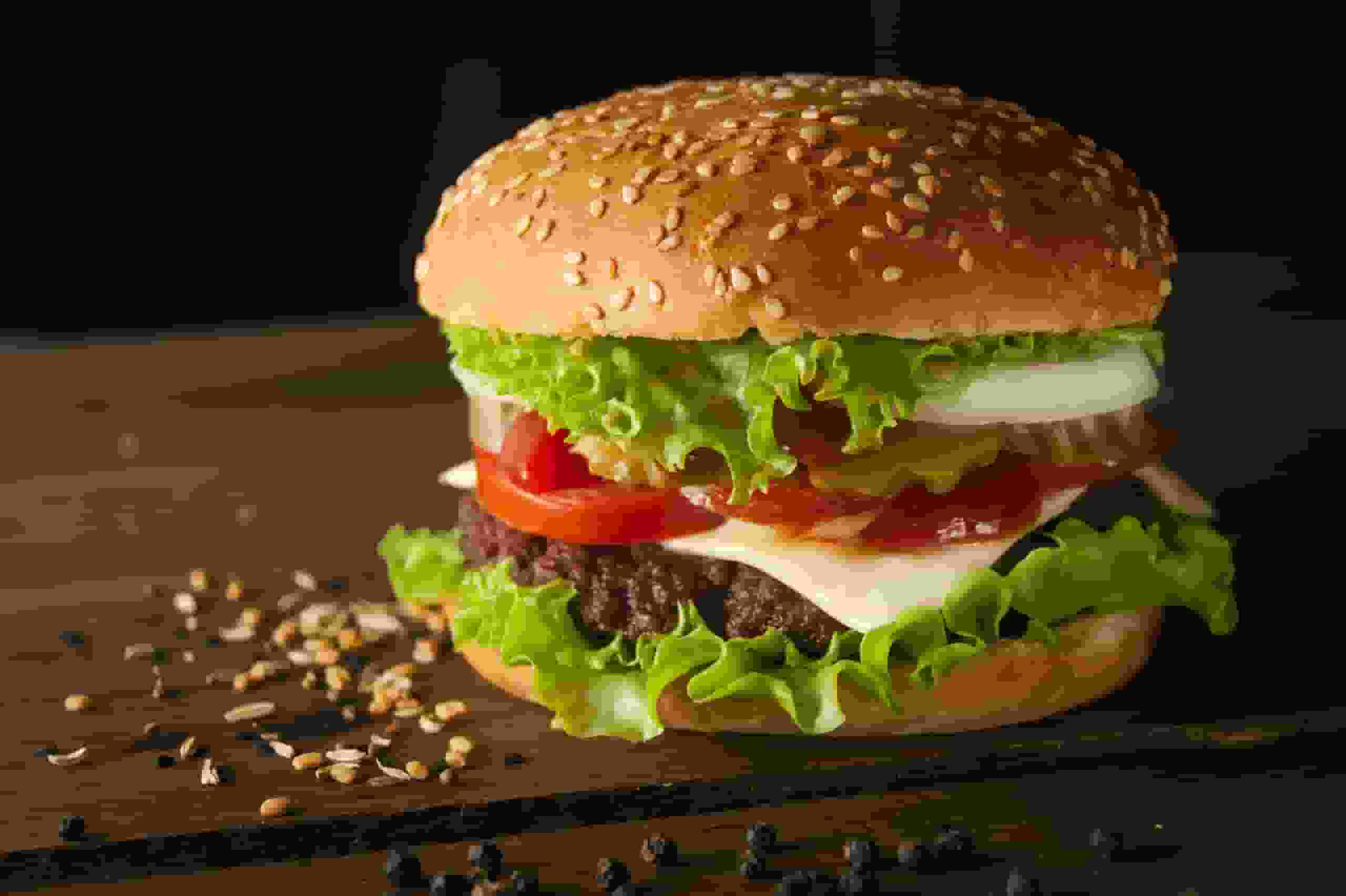One of Burger King’s biggest franchisees, Meridian Restaurants Unlimited, which has 118 restaurants, filed for bankruptcy protection this month, blaming a combination of poor sales and rising food and labor costs.
Meridian, a company founded in Utah, runs eateries throughout those states as well as in North and South Dakota, Minnesota, Nebraska, Wyoming, and Arizona. The business owed City National Bank $14 million in unsecured loans.
Sales and costs are the company’s major problem, though. In order to boost its performance, the corporation allegedly purchased locations with lower-than-average sales. The average unit volume for the Burger King system is $1.4 million per site, which is relatively low, about $500,000 less than Wendy’s and less than half that of McDonald’s. Meridian’s unit volumes are lower than this average.
At the same time, labor and food prices have skyrocketed. In contrast to the 22% rise in food prices, wage rates have climbed by 33% over the last two years, according to court documents. As per court records, the average wage is $4.38 per hour greater now than it was in April 2020.
READ ALSO: Walt Disney Faces Backlash Over Homeless Donations Amid Employee Wages Dispute
Burger King’s Revenue Drastically Declines

Due to the pandemic and Burger King’s general performance, foot traffic, and income have decreased without corresponding reductions in the company’s commitments for rent, debt repayment, and other liabilities.
The company’s restaurants were more sensitive to the recent, sharp increase in labor, commodity, and maintenance costs because they started out with lower-than-average volume.
According to the petition, some restaurants have been operating at a loss for a long time, making it challenging for the business to pay their debts.
Meridian, meanwhile, thinks that recent increases in customer service ratings and Burger King’s efforts to find possible cost reductions and margin enhancements may be the first steps toward a rebound. According to the document, the business must restructure its finances to achieve this.
Following the filing in January by the 90-unit Toms King, this is the second significant bankruptcy case by a Burger King franchisee this year. Bond ratings were lowered for several of the largest franchisees of the business last year. Moreover, the average per-store EBITDA, or earnings before interest, taxes, depreciation, and amortization, fell to $140,000 in 2022, a 22% decrease from 2018.
It follows Burger King’s recent sales setbacks and generationally high inflation, which combined to put the company in a jam. Reclaim the Flame, a $400 million revival program launched by Burger King, including significant marketing spending as well as remodeling help. Some initial results of that effort have been seen.
The corporation admitted that despite its rejuvenation, some franchisees will still declare bankruptcy or transfer their operation to other owners.
READ ALSO: GOP Presidential Candidate Nikki Haley Urges To Change Social Security Age Requirement


